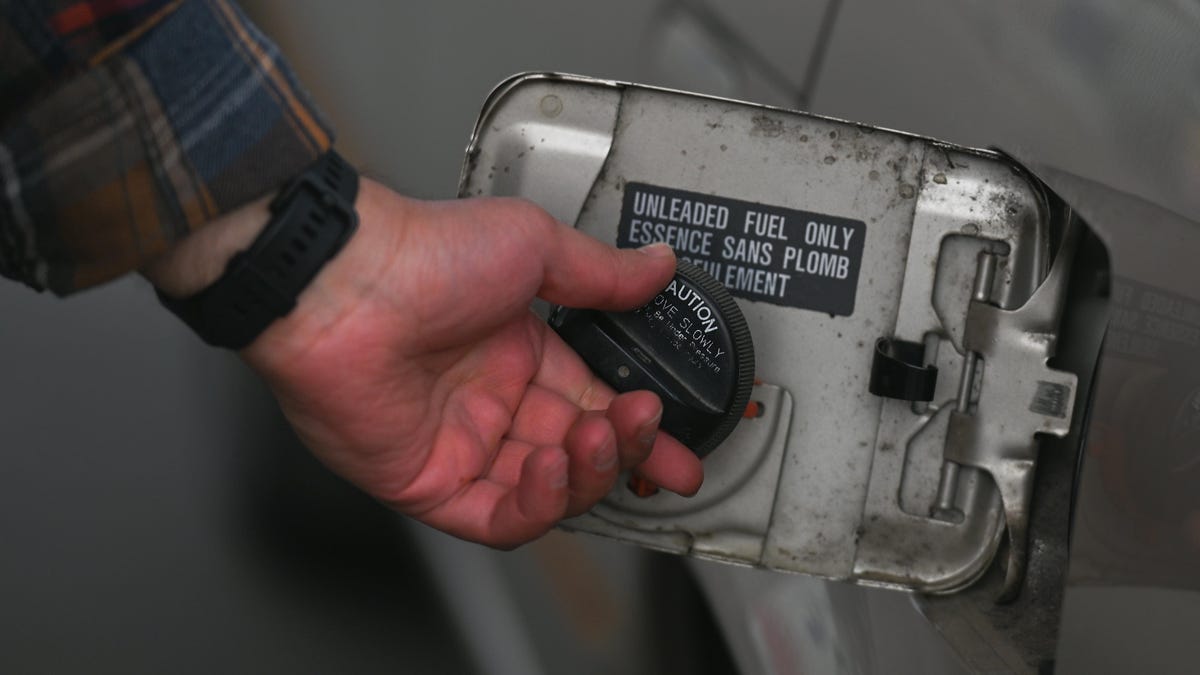Fuel-Eating Bacteria Could Be Living Under Your Gas Cap

A dirty gas cap may no longer be a source of shame, but an ecosystem of friendly fuel-eating bacteria.Photo: Artur Widak/NurPhoto (Getty Images)
Scientists have discovered fuel-eating bacteria living under the gas cap of a car that could help clean up oil spills. This new species of bacteria was found among a community of bacteria strains known to eat, or degrade, diesel fuel. And since it was found under the gas cap of a Toyota Yaris, one of the scientists says it should be called “Isoptericola toyotensis.”
Manuel Porcar is just one of the authors of the paper that details the discovery, and you should go read this Car and Driver interview about it. Porcar and his team are from Darwin Biosprospecting Excellence, a microbiology research firm based in Valencia, Spain.
Photo: Darwin Bioprospecting Excellence
The researchers stumbled into the fuel-eating bacteria in a parking lot, but it wasn’t really an accident. In the past, scientists have searched for bacteria able to degrade stubborn carbon sources, like diesel or gasoline, in the places they’d likely be: in sea water and sand after an oil spill. A case of following the food (or energy) source.
The idea behind these bacteria searches was that bioremediation, or the removal of chemical contaminants from the ocean and soil, could benefit from the targeted use of bacteria to degrade pollution. These bugs degrade carbon sources like I degrade pizza.
But the researchers from Darwin Bioprospecting realized no one had bothered to look in places that are closer to home, and, crucially, somewhat removed from the crisis zone of an oil spill.
This new discovery followed after a survey of ten cars, split evenly among five gasoline and five diesel-burning vehicles. One of these was Manuel Porcar’s beloved Peugeot 206, and another was the Juli Peretó’s Toyota Yaris Hybrid.
The bacteria was scraped — gently, I hope, for these friendly bugs — from under the gas cap of the Yaris, found within the fuel-soaked dirt that collects around the mouth of the gas tank. The researchers then bred the bacteria in the lab and “fed” it a carbon source: diesel, since gasoline is hard to use even in a controlled environment. The hungry bacteria broke down the diesel in two weeks and were thriving. Porcar says that the bacteria eating the gasoline from the Toyota Yaris hybrid suggests an adaptation, which goes to show how hearty the bugs are.
Manuel Porcar and his team are onto something here. Not just with the notable discovery in the unassuming Yaris, but also with the scientific name for the new fuel-eating bacteria. I really, really hope it inspires Toyota to make a special edition GR Yaris Isoptericola. That’d be one fast petri dish, rife with fuel-eating bacteria that could one day be our allies during awful oil spills. So the next time you’re angry at dirt and grime around your gas cap, think twice before wiping it.
Photo: Scott J. Ferrell (Getty Images)



